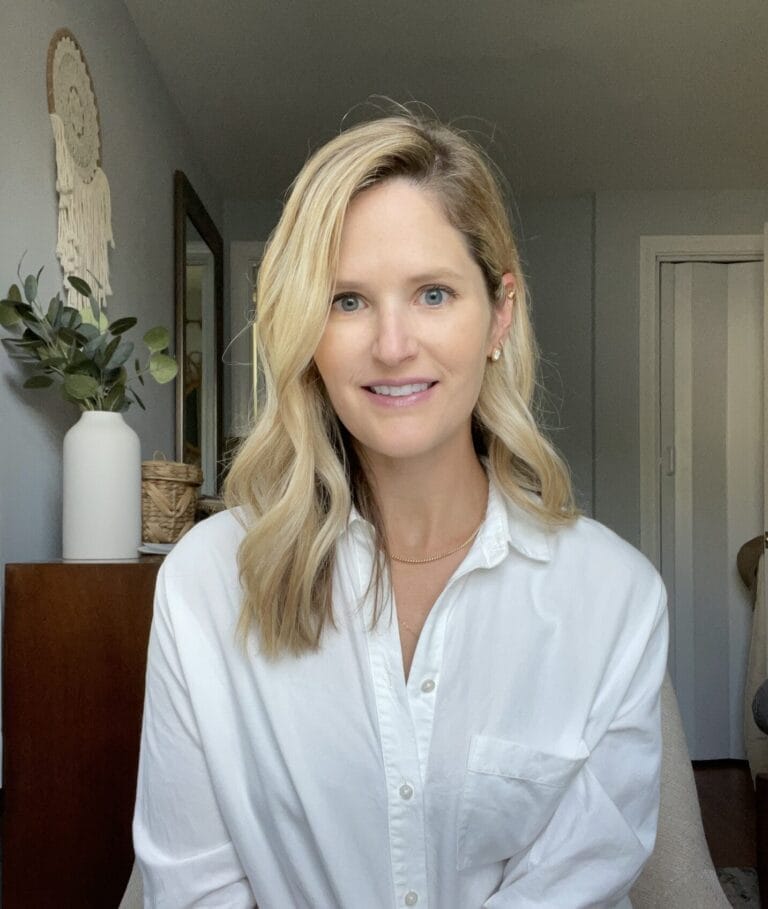Last week, thousands of special education administrators, educators, and parents joined PresenceLearning for its inaugural “Changing Minds” webinar, featuring autism expert Dr. Temple Grandin. During “The Autistic Brain” webinar, Dr. Grandin provided expert insight, practical ideas and personal stories to help special education leaders better understand the specific needs of students with autism. Dr. Grandin followed both morning and afternoon presentations with live Q & A from the audience.
To see a full recording, click here.
1. Although diagnosis is an important part of the treatment process, don’t get too locked into the label.
Even though getting a diagnosis is imperative to receiving special education services, Dr. Grandin argues that the diagnosis is not always precise and focusing on it can hold a student back. The decision behind a diagnosis is “half science, half opinion” and with such a huge spectrum, an autism diagnosis is not black and white. When educators and therapists focus too much on the diagnosis, a student can be locked into ill-fitting services. Therefore, it is important to break down the characteristics of a child’s issue and tailor treatment to focus on the real problem. If the student isn’t talking, focus on getting them to communicate. If the student struggles with social interactions, work on developing social skills. Think bottom up, not top down.
2. Students with autism usually have uneven skills. Educators need to focus on students’ strengths and interests to succeed.
Students with autism think in different ways, which requires specific instruction to accommodate uneven skills. For example, a student who is a visual or spatial thinker may be a great artist, but can struggle with math skills. It is essential that educators accommodate this by building on the student’s strengths and interests so he or she can truly succeed. For the student who is a great artist and loves trains, the teacher can still create lessons for a variety of academic subject areas. A lesson can start by focusing on the student’s ability to draw a train, but can easily turn into a math lesson by discussing how fast a train travels to its scheduled stops or a science lesson when discussing how a train works. Building on skills goes a long way toward helping students become successful citizens and being able to live an independent life.
3. Students with autism need real world experience.
One thing many parents struggle with is getting their kids out of the basement playing video games and engaging in the real world. Dr. Grandin spoke at length about the social skills she learned in the 1950s — ordering food, shaking hands, introducing herself — that went a long way toward helping her and others of her generation on the spectrum to be better prepared for life. Teaching children these skills is imperative, as is getting work skills early on. She cautions against surprising children, but emphasizes the importance of learning life skills, interacting with those who have similar interests (FFA, 4H, robotics clubs and so on) and learning real responsibilities.
Our next Changing Minds webinar will be on March 12, 2014 with Dr. Barry Prizant, one of SPED’s most sought-after experts on classroom behavior management strategies. To register, visit: https://pages.presencelearning.com/spedahead-changing-minds-barry-prizant.html.




